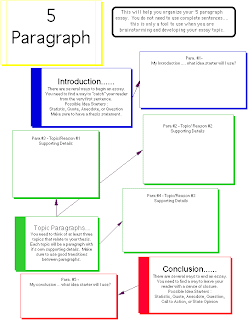
I have long preferred the Merriam-Webster's Collegiate Dictionary. For educators I've recommended the picture-full American Heritage College Dictionary. But I wonder whether I'm right. And what about comparing online dictionaries?
In 2009, author Yi-Ling Chen-Josephson reviewed dictionaries for Slate magazine; see her review here. I was happy to see that she agrees with me, rating the Merriam-Webster's just slightly higher than the American Heritage. Of course, I must use the Merriam-Webster's when I teach APA style because APA cites it as the authority.
Chen-Josephson compared printed dictionaries. What about online ones? I use the Merriam-Webster's online at http://m-w.com because of course I can click on [pronunciation] and hear the word. The American Heritage does not have its own site, but it seems to be available, possibly abridged, at thefreedictionary.com.
Speaking of online, I prefer dictionary.com over yourdictionary.com. I like macmillandictionary.com if I want to toggle between British and US English. It also has a much cleaner site.
But for you Yanks, dictionary.com lists information from these dictionaries: first Random House Dictionary (2011), then World English Dictionary aka the Collins English Dictionary, 10th edition (2009). For etymologies (word origins), it cites information from something called the Online Etymology Dictionary (2010) by Douglas Harper. There are no links directly to online versions of these dictionaries, so no way to check the sources.
Related to dictionary.com is thesaurus.com, which I use because it contains many more words than the Merriam-Webster's thesaurus. It draws from many thesauruses (or do you say thesauri?)
A competitor is yourdictionary.com. It failed my test. Initially it looks great because the page is uncluttered. And it purports to offer many related resources, such as an ESL page and examples of the word used in sentences. But the ESL list of links led to many dead ends or under-construction sites. And the algorithm used to generate "sentence examples" is horrible. For the word "laboratory," its first seven sentence examples are:
- Laboratory testing in ukas accredited laboratory testing in ukas accredited laboratory [ based in kilsyth office ] .
- The company operates a state-of-the-art water testing laboratory in huntingdon.
- Laboratory experiments.
- He runs a food microbiology service and the hca microbiology laboratory.
- Laboratoryhas many well-equipped laboratories for the teaching of forensic science.
- Laboratorymical and biological science graduates currently find work in analytical laboratories.
- Laboratoryl submitted his et barthelemy with july villari e. l v the live further awayif in physics laboratories he did this.



